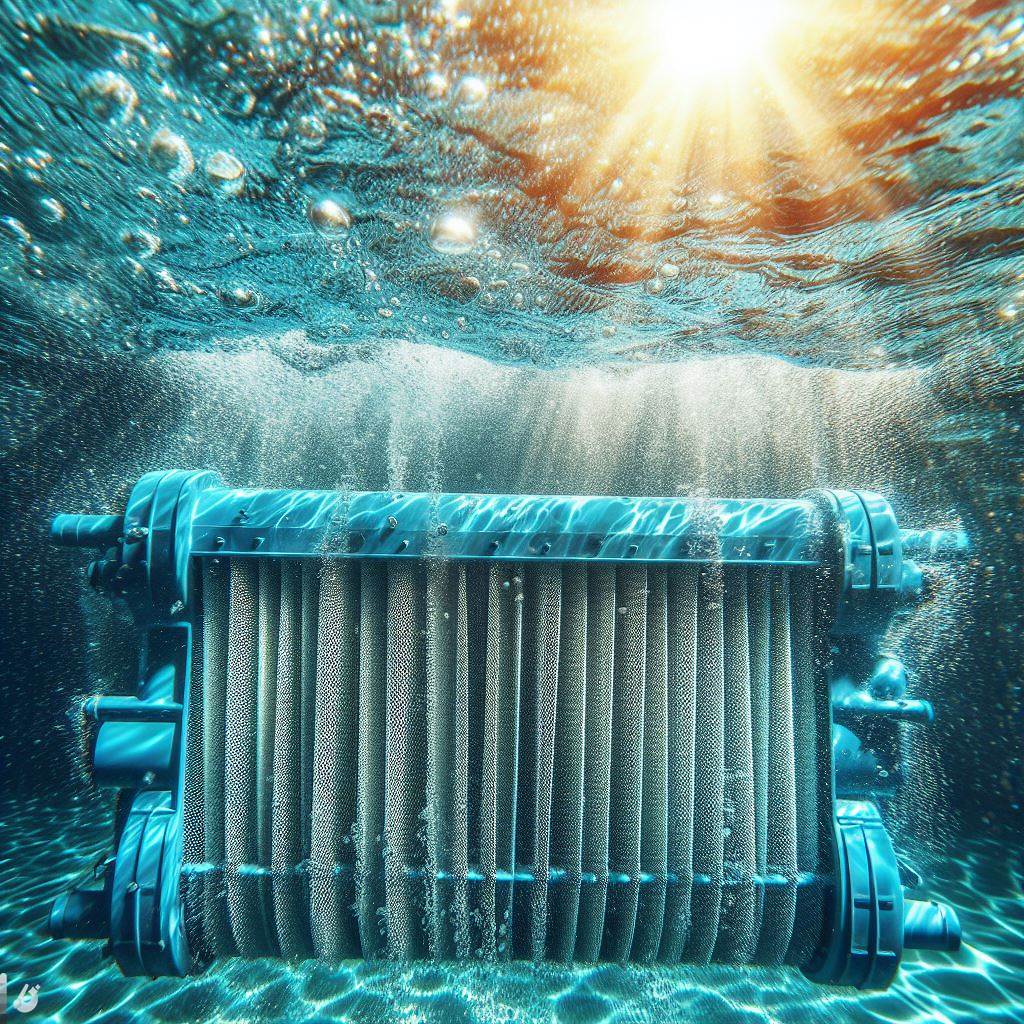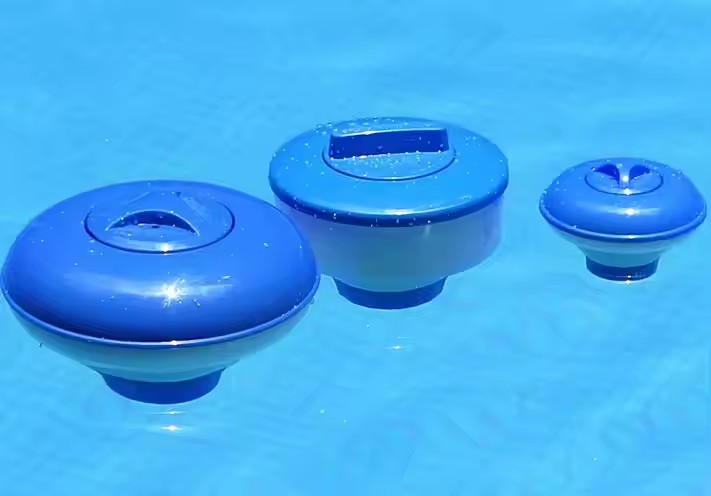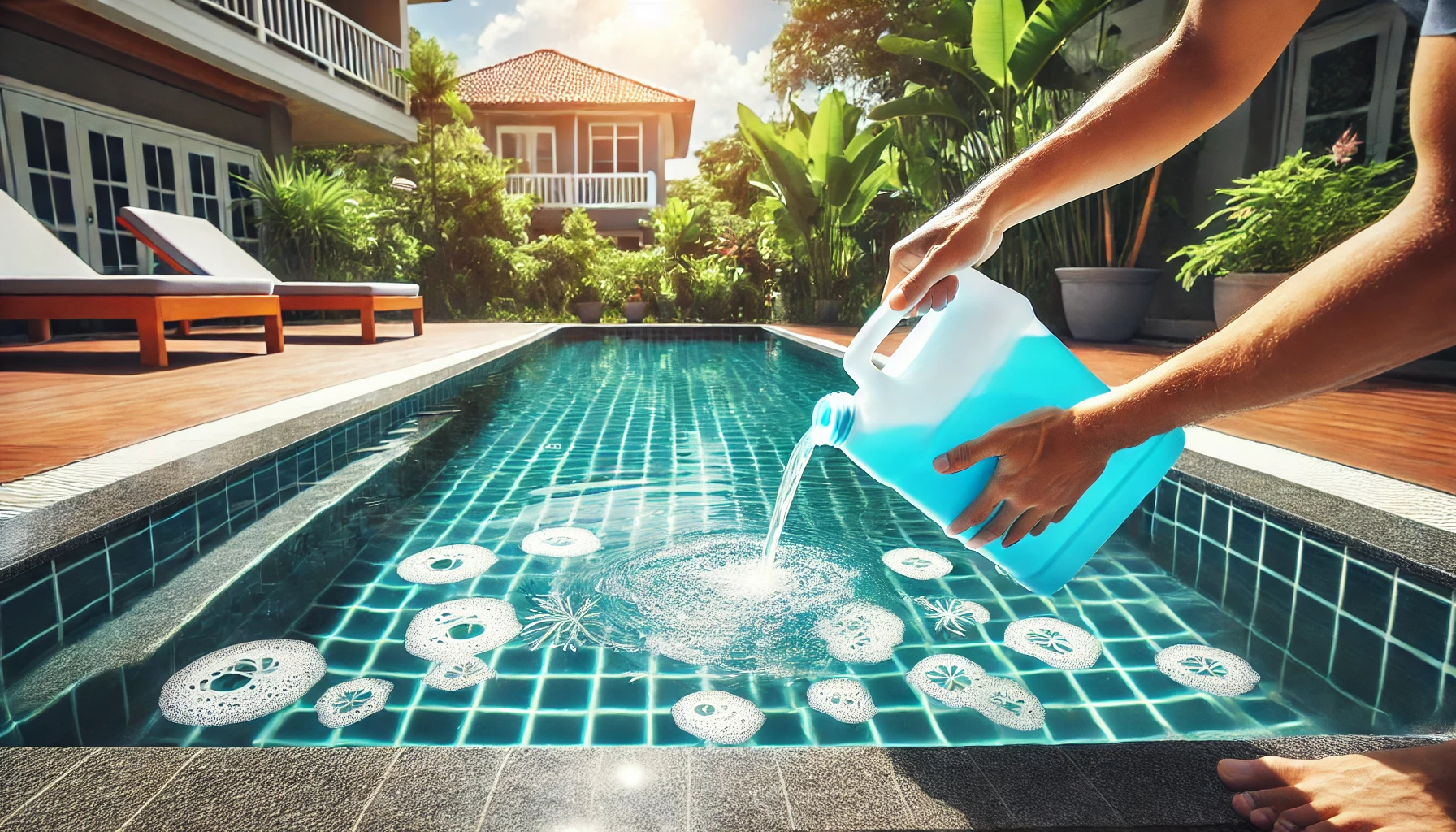Swimming pools are refreshing sanctuaries during hot summers, but their maintenance can sometimes be a daunting task, especially when it comes to managing the workload of pool sand filters. These filters play a crucial role in keeping the water clean and safe for swimmers by trapping impurities and debris. However, their efficiency can diminish over time if not properly maintained, leading to increased energy consumption and potential malfunctions. In this article, we will explore effective strategies to minimize the workload of pool sand filters, ensuring optimal performance and longevity.
Understanding Pool Sand Filters
Before delving into maintenance tips, it’s essential to grasp how pool sand filters function. These filters operate on a simple yet effective principle: water is pumped through a tank filled with specially graded sand, where impurities are trapped while clean water is returned to the pool. Over time, debris accumulates in the sand bed, gradually reducing the filter’s effectiveness. Regular maintenance is necessary to prevent clogging and maintain efficient filtration.
Routine Backwashing
Backwashing is a fundamental maintenance task that helps remove trapped debris from the sand bed. During backwashing, the water flow is reversed, dislodging accumulated dirt and flushing it out of the filter. It’s recommended to backwash the filter at least once a week, or more frequently if the pool experiences heavy usage or significant debris accumulation.
Monitor Pressure Gauges
Most pool sand filters are equipped with pressure gauges that indicate when backwashing is required. A sudden rise in pressure suggests that the filter is becoming clogged and needs cleaning. By regularly monitoring pressure levels, pool owners can proactively schedule maintenance tasks, preventing potential damage to the filtration system.
Regular Inspections
Inspecting the filter system regularly can help detect issues early and prevent major malfunctions. Check for leaks, cracks, or damaged components that may affect the filter’s performance. Additionally, inspect the sand bed for signs of channeling or clumping, which can hinder filtration efficiency.+
Maintain Proper Water Chemistry
Maintaining balanced water chemistry is crucial for the longevity of pool sand filters. Imbalanced water can lead to the formation of scale or algae, which can clog the filter and reduce its effectiveness. Test the water regularly and adjust pH, alkalinity, and chlorine levels as needed to ensure optimal conditions for filtration.
Use Skimmer Baskets and Pool Covers
Prevention is key to reducing the workload of pool sand filters. Using skimmer baskets and pool covers can help minimize the amount of debris that enters the pool, reducing the strain on the filtration system. Skimmer baskets trap leaves, twigs, and other large debris before they reach the filter, while pool covers prevent dirt and debris from falling into the water.

Deep Clean Annually
In addition to regular maintenance tasks, consider performing a deep clean of the pool sand filter at least once a year. This involves removing the sand from the tank, inspecting it for signs of degradation or clumping, and replacing it if necessary. A deep clean helps rejuvenate the filter media, ensuring optimal filtration performance.
Invest in a Variable Speed Pump
Upgrading to a variable speed pump can significantly reduce the workload of pool sand filters while also saving energy. Variable speed pumps allow users to adjust the pump speed according to their filtration needs, optimizing efficiency and reducing energy consumption. While the initial investment may be higher, the long-term savings and improved filtration performance make it a worthwhile investment.
Conclusion
Efficient maintenance of pool sand filters is essential for ensuring clean and inviting swimming pools. By following these tips, pool owners can minimize the workload of their filters, improve filtration efficiency, and prolong the lifespan of their filtration systems. Remember, a well-maintained filter not only keeps the water crystal clear but also enhances the overall swimming experience for everyone enjoying the pool.


